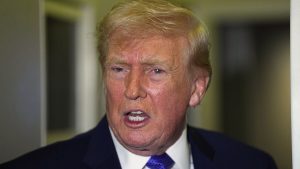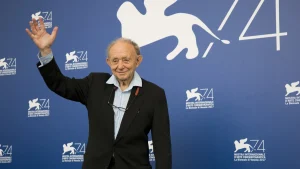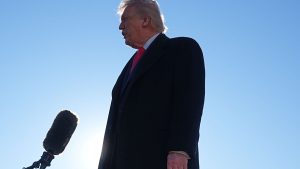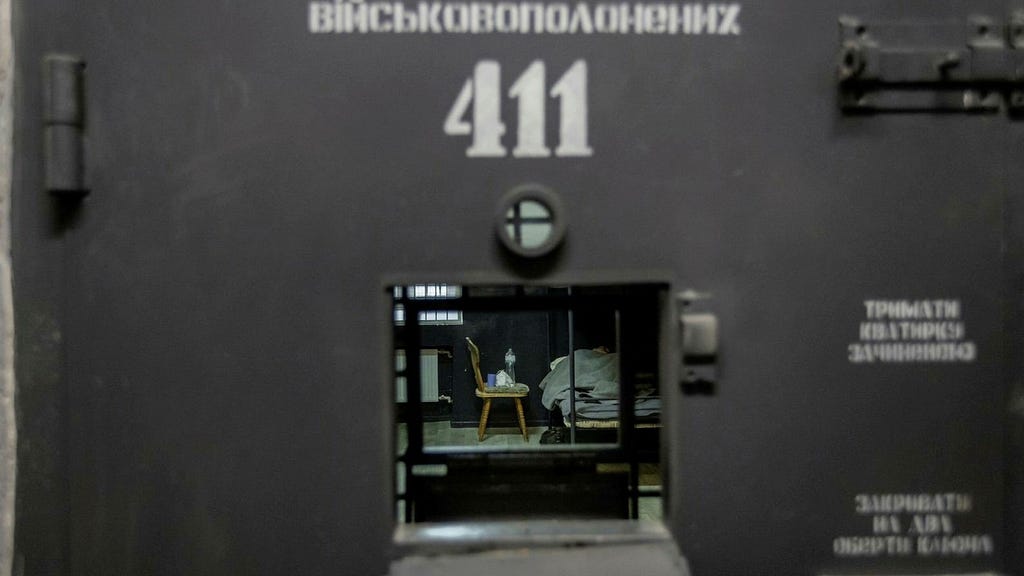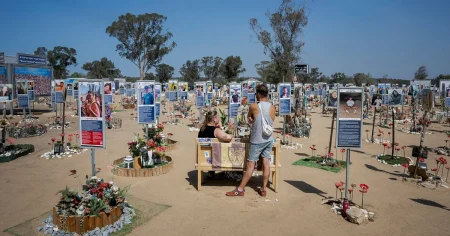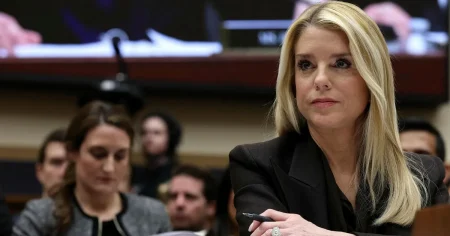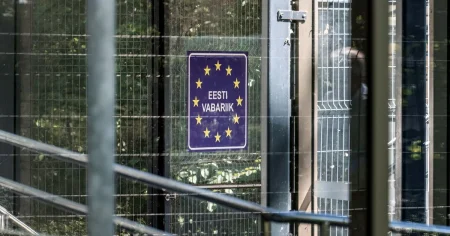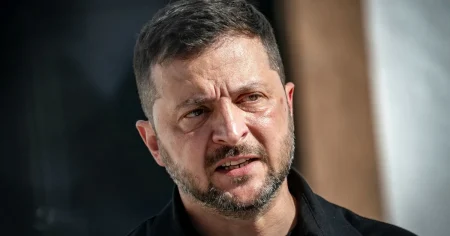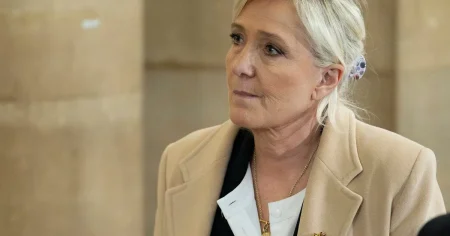The fog of war often obscures the true extent of participation, and the conflict in Ukraine is no exception. Recent reports, originating from South Korean intelligence sources citing Ukrainian interrogations, allege the capture of North Korean soldiers fighting alongside Russian forces. These reports, while unconfirmed by either Russia or North Korea, add another layer of complexity to an already multifaceted conflict. The captured soldier, according to the reports, believed he was being deployed for training purposes, only to discover upon arrival in Russia that he was being sent to the Ukrainian front lines. This revelation highlights the potential for misinformation and deception within the North Korean military apparatus, where soldiers may be deployed without full knowledge of their mission or destination. It also raises questions about the extent to which North Korea is actively supporting Russia’s war effort, and the methods employed to recruit and deploy its personnel.
The alleged capture of North Korean soldiers lends credence to earlier claims by the United States, Ukraine, and South Korea regarding North Korea’s military involvement in the conflict. While the exact number of North Korean troops deployed remains disputed, estimates range from 10,000, as claimed by the US-led alliance, to significantly lower figures. South Korea estimates approximately 1,000 North Korean casualties, while Ukraine places the number closer to 3,000. This discrepancy in casualty figures highlights the difficulty in obtaining accurate information during wartime, particularly when dealing with secretive regimes like North Korea. The captured soldier’s testimony, if verified, offers a rare glimpse into the experiences of these North Korean troops, their motivations for fighting, and the conditions they face on the battlefield. It also underscores the human cost of the conflict, extending beyond the Ukrainian and Russian populations to involve soldiers from other nations drawn into the fray.
The captured soldier’s reported account of heavy North Korean casualties aligns with the casualty estimates, painting a grim picture of their involvement in the conflict. While the exact nature of their deployment and their integration within the Russian military structure remains unclear, their reported presence on the front lines suggests a significant contribution to the Russian war effort. The reported high casualty rate among North Korean troops raises further questions about their training, equipment, and overall preparedness for combat in a modern warfare environment. It also suggests potential tensions or disagreements between the Russian and North Korean military commands regarding strategy and tactics, which could be contributing to the high loss of life among North Korean personnel.
The involvement of North Korean soldiers in the Ukraine conflict introduces a new dimension to the geopolitical landscape. It solidifies the growing alliance between Russia and North Korea, two nations increasingly isolated from the international community due to their respective actions. This cooperation, likely driven by mutual strategic interests, could have significant implications for regional stability and international security. For Russia, North Korean military support provides much-needed manpower in a protracted war, while for North Korea, it offers potential economic benefits and strengthens its ties with a powerful ally. This burgeoning partnership, however, raises concerns about the proliferation of weapons technology and the potential for further escalation of the conflict.
The South Korean intelligence agency’s stated intention to continue collaborating with its Ukrainian counterpart signifies the importance they place on understanding the scope and nature of North Korean involvement. This cooperation is crucial for gathering intelligence, verifying information, and building a more comprehensive picture of the evolving dynamics on the battlefield. The exchange of information between South Korea and Ukraine could also provide valuable insights into North Korean military capabilities, tactics, and equipment, which is essential for regional security assessments. Furthermore, this collaboration demonstrates a shared concern about the destabilizing influence of North Korea’s actions and the potential ramifications for international peace and security.
The lack of official comment from both Russia and North Korea on the alleged capture of their soldiers adds to the uncertainty surrounding these reports. This silence, however, is not unexpected, given the secretive nature of both regimes and their history of denying or downplaying their involvement in foreign conflicts. Their refusal to acknowledge the presence of North Korean troops in Ukraine could be attributed to various factors, including a desire to avoid international condemnation, protect their strategic interests, or maintain a degree of plausible deniability. The absence of official confirmation, however, does not negate the weight of evidence suggesting North Korean participation, including eyewitness accounts, intelligence reports, and the reported capture of their soldiers. The continued investigation and information sharing between South Korea and Ukraine will be crucial in shedding light on this opaque aspect of the conflict and holding those responsible accountable.


